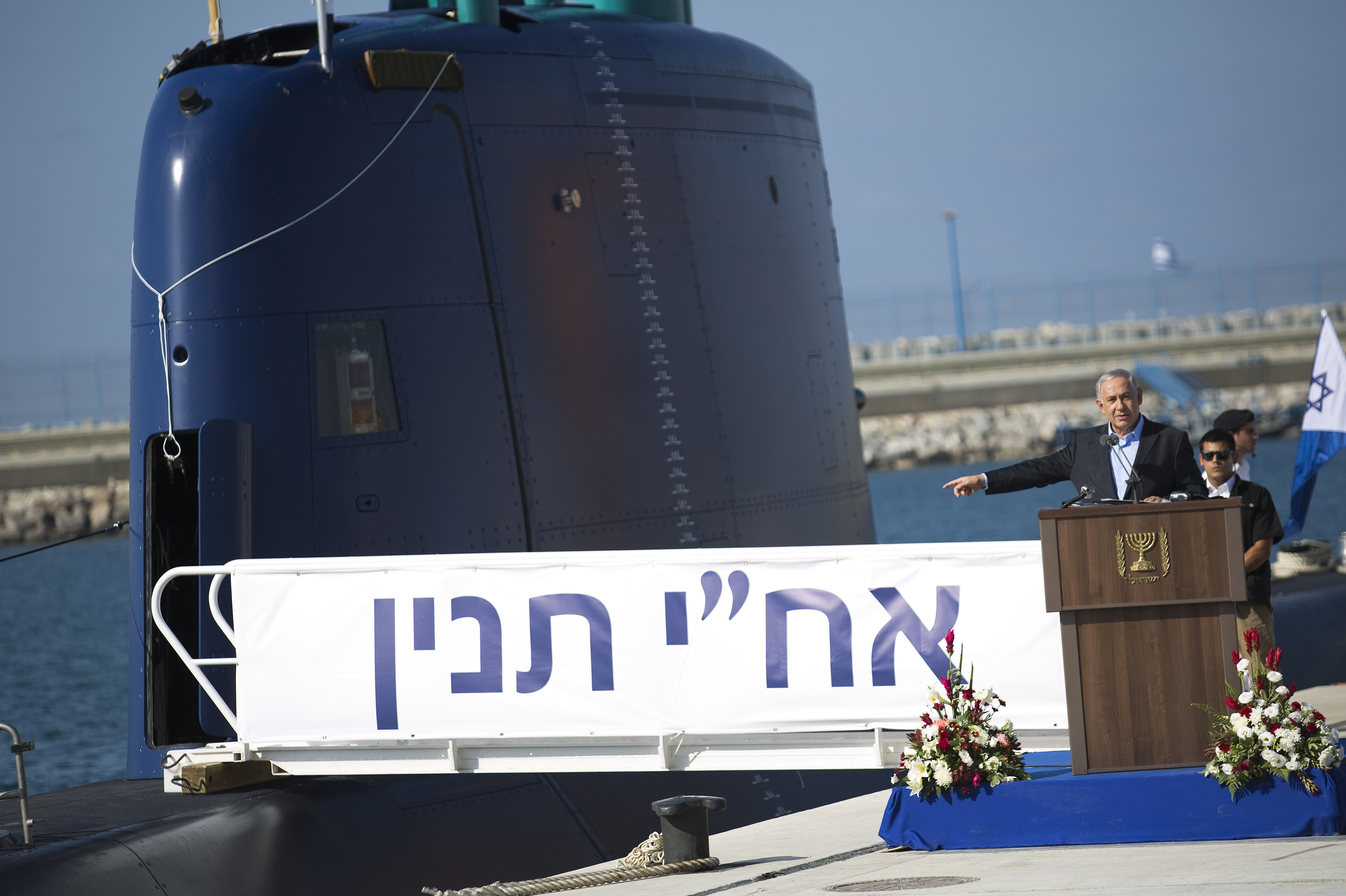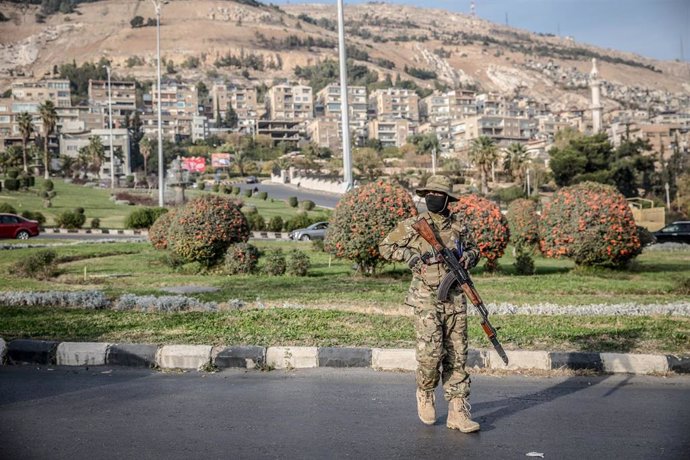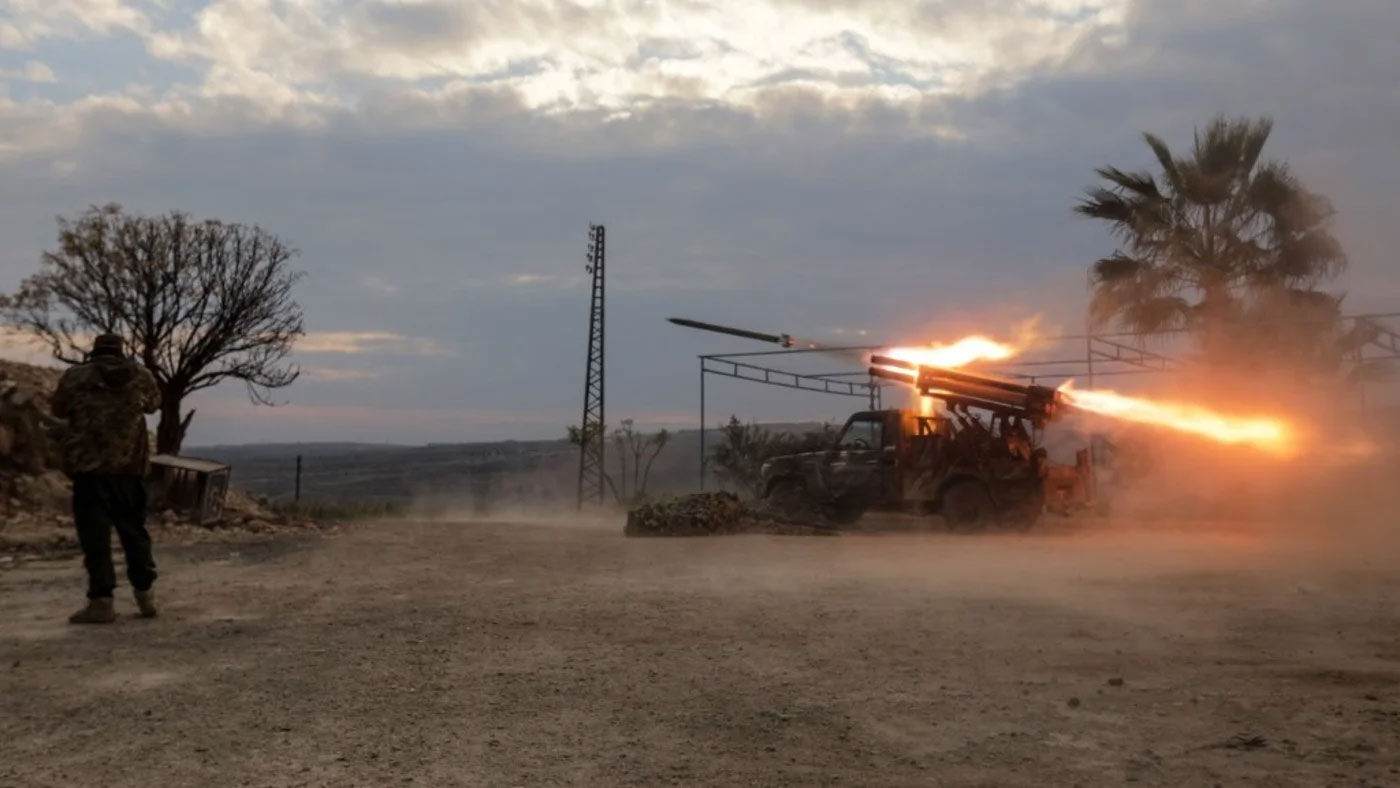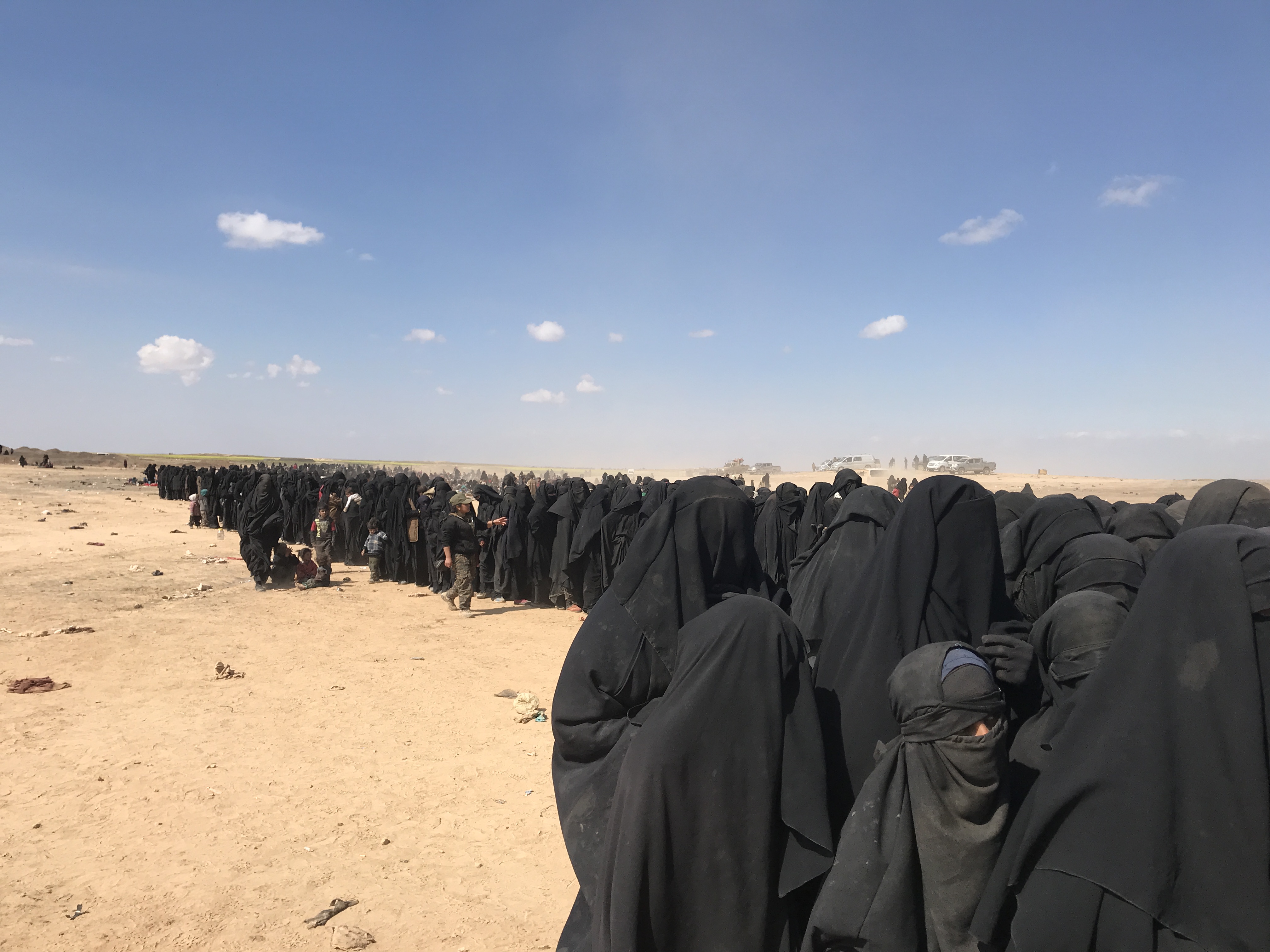Warring over Syria, on the road to the Third Gulf War
- Donald Trump has stopped the United States from dealing with nuclear Iran, for the first time it has been seen that Israel has attacked the Iranian Army with new weapons and that before the Western powers had attacked the Syrian Government... The main protagonists of the fires in the Middle East – Palestine, Yemen, Syria – are determined not to take the necessary steps to shut them down and to launch more petrol. It does not seem exaggerated to mention the smell of a Third Gulf War.

“The strands of the Syrian conflict are more confusing than ever,” we wrote on this Net Tan Cerca in March. Since then, some of the protagonists have taken further and serious steps in these two months, so the title of this chronicle seems to answer the question “why if they have defeated the Islamic State in Syria, why is the war not over?”, put two months ago in the title, ever closer to the Third Gulf War.
Many were fired at when on 30 April the Israeli Army attacked the Iranian military directly, striking the Hama base in Syria with missiles, killing at least 26 Iranians and destroying the missiles they had there. However, the operation had some details pointing to further provocation by Israel on the part of the Loyal forces. Richard Silverstein and academics and analysts Muhammad Sahimik have been in charge of opening accounts in the electronic magazine Middle East Eye.
Apparently, the missiles that Israel has sent to Syria have not been launched from the F-16 aircraft, as everyone expected, but from the sea. The Iranians have been surprised by the invasion of Syria after Dolphin, built and financed by Germany, was thrown from the undersea boats and crossed the territory of Jordan.
Until 30 April, no Arab country in the area had ever dared to give Israel permission to attack another Arab country. Jordan has therefore offended Iran in addition to Syria, making more serious the rivalry between the Sunni bloc of governments, led by Saudi Arabia and integrated into Jordan, and the Shia bloc led by the Iranians.
“The reasons for the use of Dolphin underwater boats – Silverstein and Sahimi have written – are several. Netantanyahu wants to surprise the enemies of Israel (Syrians, Iranians and partly Russians) by showing that he has more than one possibility of attack (...) and showing Iran the damage he can cause with his new weapons: If Israel attacked or attacked Iran, the underwater boats would play a decisive role.”
Given the distance between Israel and Iran, Jewish Army planes would have a lot of work to capture the Iranians in their target. Submarine ships, which have the power to launch missiles, are a good alternative. That is precisely why Silverstein and Sahimi had already criticised the contract signed between Germany and Israel to build eight submarine vessels, because in addition to promoting the proliferation of weapons in the region, Dolphin has the capacity to carry atomic weapons, to provoke a nuclear holocaust.
Analyst Dan Glazebrook, for his part, stressed Russia’s role in the attack: The Syrians have not been able to deal with the missiles sent by Israel because they have not yet achieved the new S300 missiles promised by Russia in 2010. As the United States has repeatedly shown that they are going to approve any Israeli military adventure, Russia is not so attached to Iran: In the conflict in Syria, the Russians do not want to get too angry with the Israelis... “And if you accept it – Glazebrook reminds Russia – the destruction of Iraq, Syria and at the end of Iran, you are consenting to isolate Russia itself, which will also have its turn once.”
Sunitas+USA versus Xiitas+Russia
Under the title “Preparing for the Third Gulf War”, the renowned American professor of Peace and Security Studies Michael Klare wrote his analysis on 14 May. It starts as follows: "When Donald Trump has communicated the dissolution of the nuclear deal with Iran, we all have to start asking ourselves what a Third Gulf War can bring. The answer is that over the past 16 years America’s experience in the Middle East is not going to be pretty.”
The previous two, the one in 1990 and the one that began in 2003 with the invasion of Iraq, ended with the victory of the United States, but in return there were violent movements such as the Islamic State, millions of people left their roots and ravaged the whole of the Middle East. The third that will be against Iran and its allies, says Klare, will occupy a much larger area than the two above, “the battlefield will extend in the Mediterranean from the border between Lebanon and Israel to the Strait of Hormuz, where the Persian Gulf extends to the Indian Ocean. On the one hand, Iran, Syria from Baxhar Al Assad, Hezbollah from Lebanon and Iraqi and Yemeni militias are in a difficult situation: On the other hand, Israel, Saudi Arabia, the USA and the United Arab Emirates. If the Syrian struggle comes out of control, Russian troops could also enter.”
Why have the United States entered an escalation that brings the whole of the Middle East to war? Professor Klare, who has analysed in several books the relationship between the two previous Gulf wars and oil control, believes that the main basis of the current one is that of geopolitical calculations. The dependence on American oil is not as severe as in 1990, thanks to advances in tar sands, fracking, etc.
On the contrary, the two previous wars have left for many strategists of the Western powers a Shia bloc, with Iran at the head, stronger than before in the Middle East, in front of the Sunni bloc, led by Saudi Arabia, which has united a strange and strong alliance with Israel. With the intervention of Saudi Arabia with Prince Mohammed bin Salman, on this occasion Netanyahu is playing with great prominence, boosting the Iran-US pact, provoking the Palestinians, attacking Iran...
This is how Klar ends his dark forecast: “No one can guarantee when the great powers will spark a new war in the Middle East, nor will they even do so. You can confuse other things if the Korean issue gets hotter again if it gets worse between Trump and Kim, or a new crisis with Russia, or a new global economic shipwreck -- and then the power of the geopolitical conflict in the Persian Gulf would be reduced. There may be some change in some of the above leaders, for example, if Netanyahu loses power for his own corruption, which investigates the police, Trump also knows what he can do... However, if something does not happen, it seems that it is open to the road crumbling to the Third Gulf War, which threatens the horizon of humanity, which will surely show that it is the road to hell.”
Giza Eskubideen Siriako Behatokiak salatu du gobernuko indarrek gutxienez 800 zibil hil dituztela Latakia probintzian, "odol hotzean". Ahmed al Sharaa Siriako behin-behineko presidenteak iragarri du "batzorde independente" bat eratuko dutela gertatutakoa... [+]
The end of the Syrian Arab Republic has caused great surprise at the way in which it has taken place: fast and almost without resistance. However, it is not so strange when we consider that the country was destroyed, impoverished and trodden. Most Syrians have long been... [+]











.jpg)













